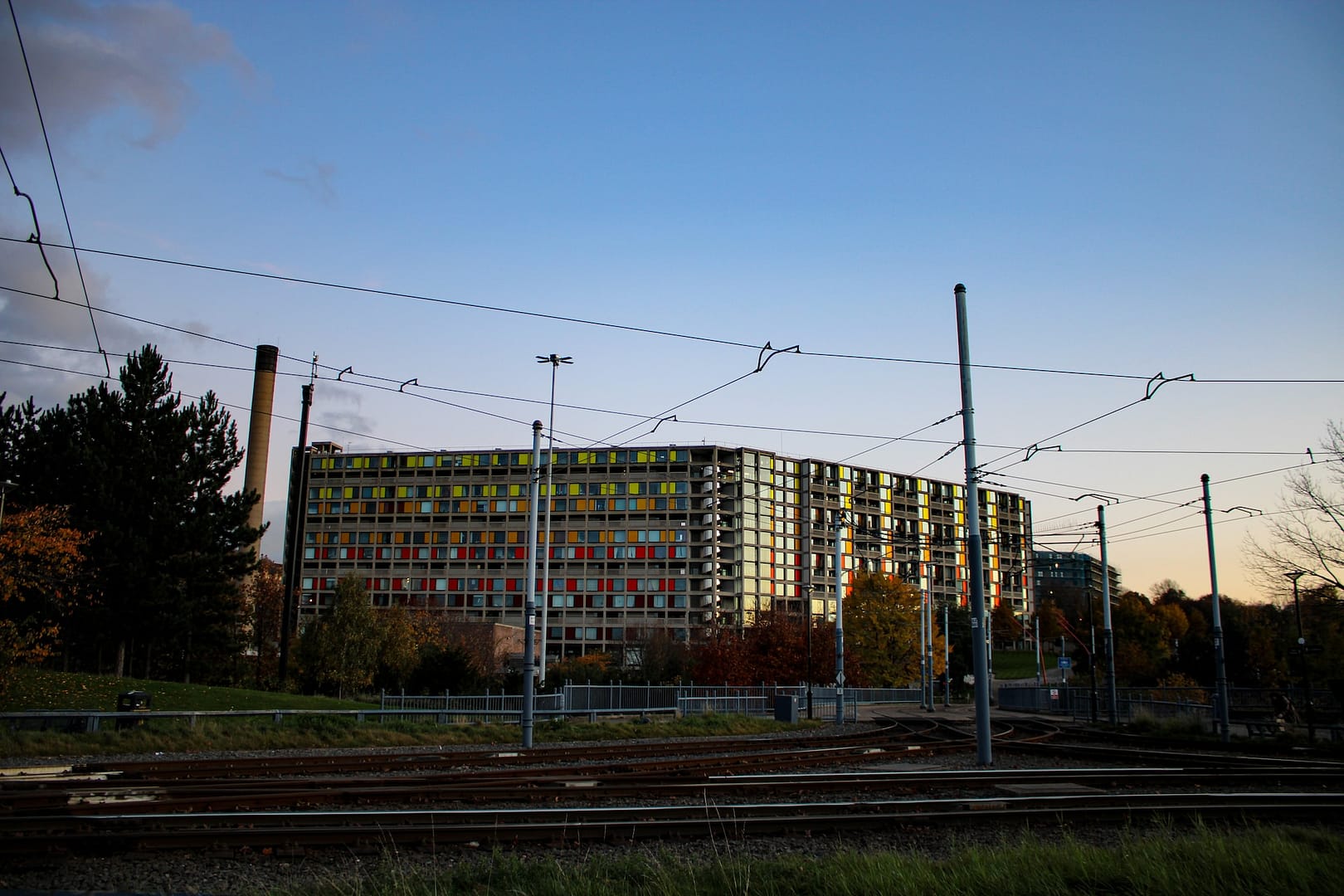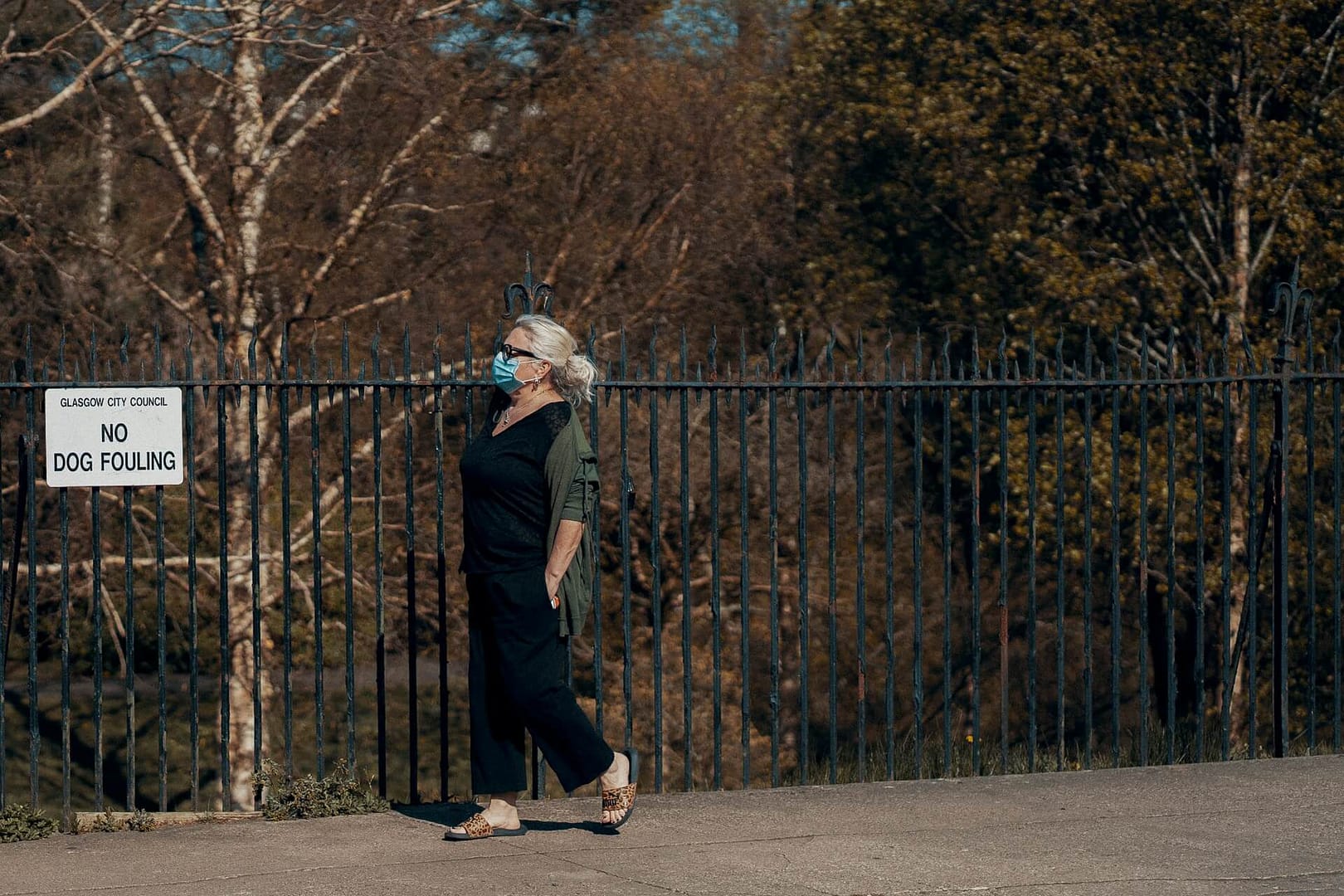In the realm of human rights, the right to adequate housing is a fundamental cornerstone that directly impacts the quality of life for individuals and communities. This right is pivotal in ensuring that everyone can enjoy a safe, secure, and habitable place to call home. However, the implications of this human right become particularly significant when we delve into the world of disrepair cases. In this article, we will explore the concept of the human right to adequate housing, its implications, and how it intertwines with disrepair cases, all while maintaining a conversational tone and emphasising the importance of this issue.
The Right to Adequate Housing
Before we delve into the implications for disrepair cases, let’s first understand what the human right to adequate housing entails. At its core, this right recognizes that every person has the right to live in a safe and secure home that provides shelter, privacy, and basic amenities. It goes beyond merely having a roof over one’s head; it encompasses the quality of living conditions, and it’s a fundamental component of our well-being.
The United Nations, in its Universal Declaration of Human Rights, Article 25(1), states, “Everyone has the right to a standard of living adequate for the health and well-being of himself and of his family, including food, clothing, housing, and medical care.”
In essence, this declaration underscores the importance of adequate housing as a fundamental human right. It recognises that housing is not just a commodity but a prerequisite for a dignified and fulfilling life. Adequate housing is not only about physical structures but also about the social and legal aspects that safeguard the rights and well-being of residents.
Understanding the Implications
The human right to adequate housing carries profound implications for various aspects of our lives, including, but not limited to, government policies, legal frameworks, and housing practices. Let’s explore these implications in detail.
Legal Frameworks and Obligations
Governments play a crucial role in upholding and ensuring the right to adequate housing for their citizens. They are obligated to create and enforce legal frameworks that protect this right. This obligation goes beyond merely allowing people to have homes; it requires that these homes meet certain standards of quality, safety, and habitability.
In the United Kingdom, for instance, the Human Rights Act 1998 incorporates the European Convention on Human Rights into domestic law. Article 8 of the Convention addresses the right to respect for one’s home, which is closely related to the right to adequate housing. This legal framework places an obligation on public authorities to respect and protect these rights.
Social and Economic Considerations
The implications of the right to adequate housing extend beyond legal obligations. It encompasses the broader social and economic aspects of housing. Ensuring that every individual has access to adequate housing can reduce social inequalities and contribute to the overall well-being of society.
In the UK, this perspective is reflected in housing policies aimed at providing affordable housing and reducing homelessness. The government, along with various housing associations and organisations, works towards ensuring that individuals and families have access to affordable and suitable housing options.
Quality of Life
One of the most direct implications of the right to adequate housing is the impact on the quality of life. A safe, secure, and habitable home provides a stable environment that fosters physical and mental well-being. Children who grow up in such environments are more likely to thrive, and adults can lead more productive lives.
Consider a family in the heart of a city, struggling to make ends meet. Their cramped, poorly maintained apartment poses health hazards, and they live in constant fear of eviction. This family’s situation reflects the stark difference in quality of life when the right to adequate housing is not upheld. In contrast, imagine another family in a safe, well-maintained home, where they can focus on their personal and professional growth without the constant threat of inadequate living conditions. This is the power of the right to adequate housing in action.
Implications for Disrepair Cases
Now, let’s shift our focus to the implications of the human right to adequate housing in the context of disrepair cases. Disrepair cases typically involve situations where a tenant’s living conditions have deteriorated due to negligence or inaction on the part of the landlord. These cases can range from minor maintenance issues to severe structural problems. Here, the right to adequate housing becomes a critical factor in resolving these disputes.
Legal Recourse
In the UK, tenants facing disrepair issues can seek legal recourse to address the problems in their homes. The right to adequate housing, as protected by the Human Rights Act 1998, comes into play in such cases. When the condition of a property poses health or safety risks, it infringes upon the tenant’s human right to adequate housing.
Courts have the authority to order landlords to make necessary repairs to ensure that the property meets the required standards of habitability. In cases where landlords fail to comply, tenants can find legal support to enforce their rights.
Tenant’s Rights and Responsibilities
The right to adequate housing also implies certain responsibilities for both tenants and landlords. Tenants are obligated to maintain their rented homes in a reasonable condition, and they should report any disrepair issues to their landlords promptly. On the other hand, landlords must ensure that their properties are maintained in a good state of repair, meeting the standards for adequate housing.
For instance, if a tenant discovers a significant leak in their rental property, they have a responsibility to inform the landlord promptly. The landlord, in turn, is obligated to address the issue promptly and effectively to uphold the tenant’s right to adequate housing.
Public Health and Safety
Disrepair cases often have a direct impact on public health and safety. For example, a leaking roof can lead to damp and mould, which not only affects the occupants but can also spread to neighbouring properties. Such conditions can have severe health implications, especially for individuals with respiratory issues or weakened immune systems.
The right to adequate housing becomes a means to address these public health concerns. It compels landlords to maintain their properties in a manner that ensures the well-being of their tenants and the community at large. This includes addressing disrepair issues that pose health and safety risks promptly.
Making a housing disrepair claim with National Claims
Note: You can only make a claim if you are currently living in social housing.
Expert Assistance
When facing disrepair issues in your rented property, it’s essential to seek expert assistance. At National Claims, we understand the significance of the human right to adequate housing, and we are committed to helping you uphold this right.
Initial Assessment
Our claims process begins with an initial assessment of your situation. We’ll evaluate the extent of disrepair in your property and determine whether it poses a risk to your right to adequate housing. This assessment is crucial in building a strong case for your claim.
Resolution
Our ultimate goal is to help you achieve a resolution that upholds your right to adequate housing. We work diligently to ensure that landlords address the disrepair issues in your property promptly and effectively. If necessary, we will pursue legal avenues to secure your rights.
Your Right to Adequate Housing
At National Claims, we firmly believe in the importance of the human right to adequate housing. We are dedicated to assisting tenants in asserting their rights and ensuring that they live in safe, secure, and habitable homes. Contact us today to learn more about how we can help you make a housing disrepair claim and uphold your right to adequate housing.

Conclusion
The human right to adequate housing is a fundamental pillar of human rights that plays a crucial role in shaping the quality of life for individuals and communities. It carries significant implications for legal frameworks, social and economic considerations, and the overall well-being of people. In the context of disrepair cases, this right serves as a powerful tool to ensure that individuals can live in safe, secure, and habitable homes.
As we navigate the complex landscape of housing and tenancy, it’s essential to remember that adequate housing is not a luxury but a fundamental right that underpins human dignity and well-being. Whether you are a tenant facing disrepair issues or a landlord responsible for maintaining properties, understanding and upholding the right to adequate housing is not just a legal obligation but a moral imperative. By doing so, we can create a society where every individual has the opportunity to thrive in a safe and secure home, free from the burden of inadequate living conditions.
Start your claim with us today by contacting us and speaking to one of our helpful claims specialists.
Click below to see why we are one of the most trusted claims management companies in the UK.

We’re proud of our excellent customer reviews
We thrive on delivering exceptional service and ensuring our clients’ satisfaction. Don’t just take our word for it. Check out some of our independent reviews to see what our clients have to say.
Excellent

This firm is excellent, they sorted out my car pay out and injury claim very fast, they always communicate with you all the time.

My accident case was dealt with confidence and with great result of the outcome, especially James kept me informed all the time.

I was very impressed at the way my inquiry was treated. I was listened to attentively and everything I needed to know was explained to me.






